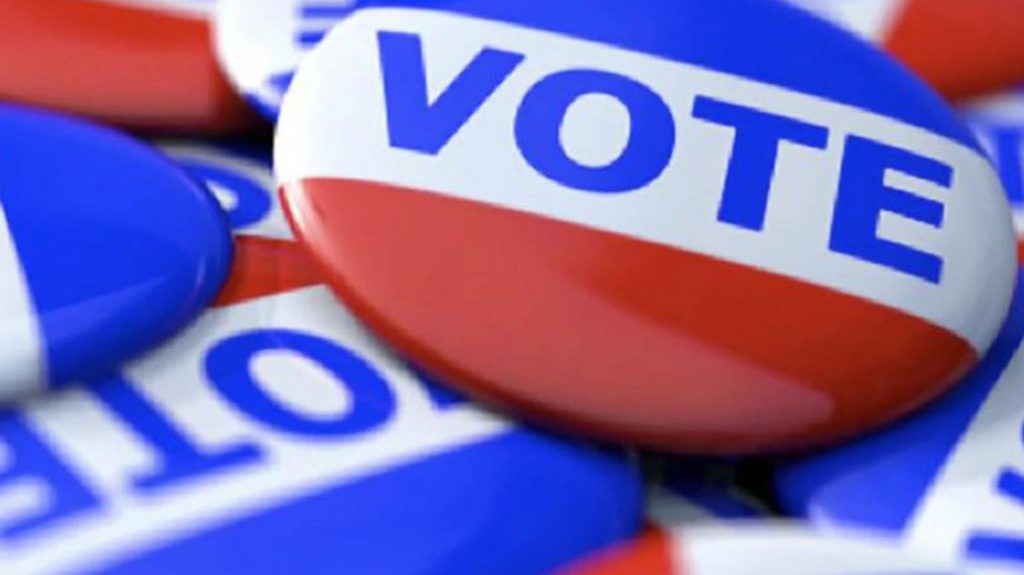2020 Election Tips and Resources
The 2020 election is sure to be unlike any other US election before. Find useful tips and resources to make sure your vote counts.

By Rachel Knight ‘18
With an ongoing global pandemic, the spread of false claims about the integrity of voting, and historic levels of political division in America, the 2020 election is sure to be an exciting one.
Make sure your vote is counted and avoid long lines on election day. Before casting your ballot, familiarize yourself with helpful tips and resources recommended by Jonathan Coopersmith, a historian of technology who researches the importance of fraud and fear in emerging technologies.
Fact Check What You See on Social Media
The televised presidential debate between John Kennedy and Richard Nixon in 1960 is often used as an example of how technology has changed elections and how we form our opinions of candidates. Social media and the internet have similar effects today.
Coopersmith says the biggest difference is that social media (especially Facebook) make it easy for candidates to microtarget specific groups for messaging and advertisements. Unbeknownst to them, their accounts have been carefully selected to receive only one candidate’s content, which creates an echo chamber and reinforces their beliefs.
Double-check the veracity of information you receive on social media. Know who the source is and where they got their information before passing it on to others.
Know What’s on the Ballot (and What’s Not)
For the first time in years, straight-ticket voting will not be an option for Texans. Straight-ticket voting sped up the voting process by allowing people to check one box to cast a ballot for every candidate from a single political party. In the 2020 general election, that is no longer an option, and ballots will take longer to fill out–leading to longer lines.
Educate yourself on who you’ll see in which races by visiting trusted sources online. Coopersmith recommends visiting The Texas Tribune for an overview of who you’ll see in each race in your county. The Texas Tribune also provides information about staying safe while voting during a global pandemic as well as information on how to request a mail-in ballot.
Vote Early
Coopersmith said the best advice you can use in any election is to vote early (he advises avoiding October 13, because lines are longest on the first day). If you cannot vote early, avoid longer lines by voting during the work day. Lines are generally longest before or after working hours.
It’s important to vote early if voting by mail, too. This ensures that your ballot is received in time to be properly processed and counted.
For questions about mail-in voting or where to vote early, contact your county election officials. While the Secretary of State has the responsibility of running the election in 40 out of 50 states, the actual implementation is done at the county level. In Brazos County, voters can visit brazosvotes.org for more information on how and where to vote, and what to expect.
Vote In-person
With more rules and instructions to follow for mail-in or absentee ballots, you have a greater chance of your mail-in ballot being rejected. If your health permits, Coopersmith recommends voting in-person to avoid misunderstanding these rules or instructions and therefore casting a ballot that cannot be counted.
Help Others Vote
After you vote, help others by volunteering at the poll, handing out water or snacks to voters in a long line, or driving others to the polling place. For example, Denton County has a poll worker program that even pays you $10-$12 per hour.
Find more places and information on how you can help others vote at operationvotesafe.org. You can even volunteer remotely in some states!
Don’t Expect Results on Election Night
Processing and counting mail-in ballots takes time to ensure the identity of the voter while maintaining the privacy of that ballot, which is why a major increase in the percentage of mail-in votes due to COVID will likely delay election results. Responsible politicians and officials understand this and are informing voters that we may not know the results of this election on election night. It’s not a conspiracy or sinister plot, Coopersmith shared, but ensuring the integrity of the vote and safeguarding against the minute probability of voter fraud..
He compared the delay in election results to the delay in traffic on campus after a football game in Kyle Field. On Gameday there are tens of thousands of people all trying to do the same thing in the same limited amount of space designed for fewer people at the same time. On election day there will be millions of ballots at the same place needing to be processed at the same time with the same limited amount of resources designed for fewer ballots. Be patient and know that because the integrity of the vote is being protected, we may not have official results for up to two weeks after election day.
